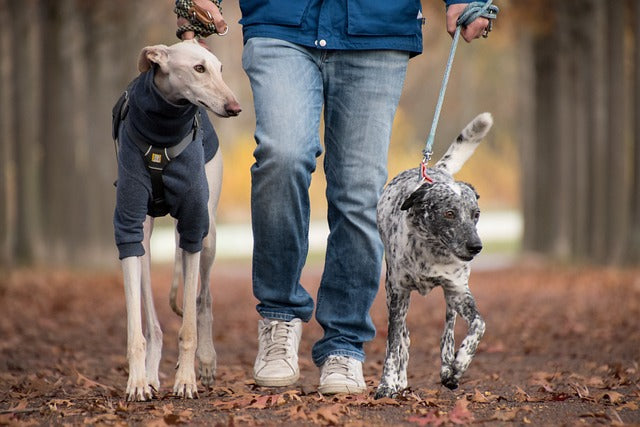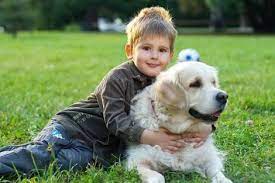






The Importance of Dogs in a Child's Life
The Importance of Dogs in a Child's Life
Having a dog in a young child's life can be a rich and unique experience that contributes to their growth and development in multiple ways. A dog is not just a pet; it can be a friend and partner in life, enhancing the child's daily experiences. In this article, we will explore the numerous benefits of having a dog in a child's life.
Learning Responsibility
One of the primary benefits of having a dog in a child's life is learning responsibility. Children learn how to take care of another living being, which requires them to adhere to a daily routine that includes feeding the dog, providing water, and cleaning up after it. This enhances their understanding of the importance of caring for others and committing to daily tasks.
Emotional Development
A dog can be a significant source of emotional support for children. In difficult times, children feel comforted and reassured when spending time with their dog. The dog can be a good listener, allowing children to express their feelings and thoughts freely and without judgment. This emotional interaction enhances the child's emotional stability and helps them cope with stress and challenges.
Social Interaction
Having a dog helps improve children's social skills. When children take their dogs to parks or meet other friends who have dogs, they learn how to interact with others and talk about a common subject. These social interactions boost their confidence and make them more open to building new relationships.
Physical Activity
Playing with the dog and walking it encourages children to stay active. This boosts their physical fitness and encourages them to spend time outdoors instead of sitting in front of screens. Regular physical activity is not only beneficial for the body but also helps improve the child's mood and reduce stress levels.
Reducing Anxiety and Stress
Interacting with pets, especially dogs, can reduce anxiety and stress levels in children. Touching and petting the dog can soothe children and provide them with a sense of security. This calming effect can be particularly beneficial for children who suffer from anxiety or psychological stress.
Learning About Love and Respect
Taking care of a dog teaches children a lot about love and respect. By caring for the dog's needs, children learn empathy and concern for others. Building strong emotional bonds with the dog helps children understand the importance of relationships and caring for others.
Developing Motor Skills
Playing with the dog can help develop both fine and gross motor skills in children. Activities such as running, jumping, and catching a ball enhance balance and agility and improve hand-eye coordination.
Boosting Immunity
Some studies suggest that children who grow up with pets may have stronger immune systems and are less likely to develop allergies. Early exposure to beneficial bacteria carried by pets can strengthen the immune system and help prevent diseases.
Conclusion
In conclusion, having a dog in a child's life can have a significant positive impact on their growth and development. From learning responsibility and social interaction to reducing anxiety and improving physical health, a dog enhances a child's life in multiple ways. Therefore, a dog is not just a fun companion but also a partner in the child's growth journey.
